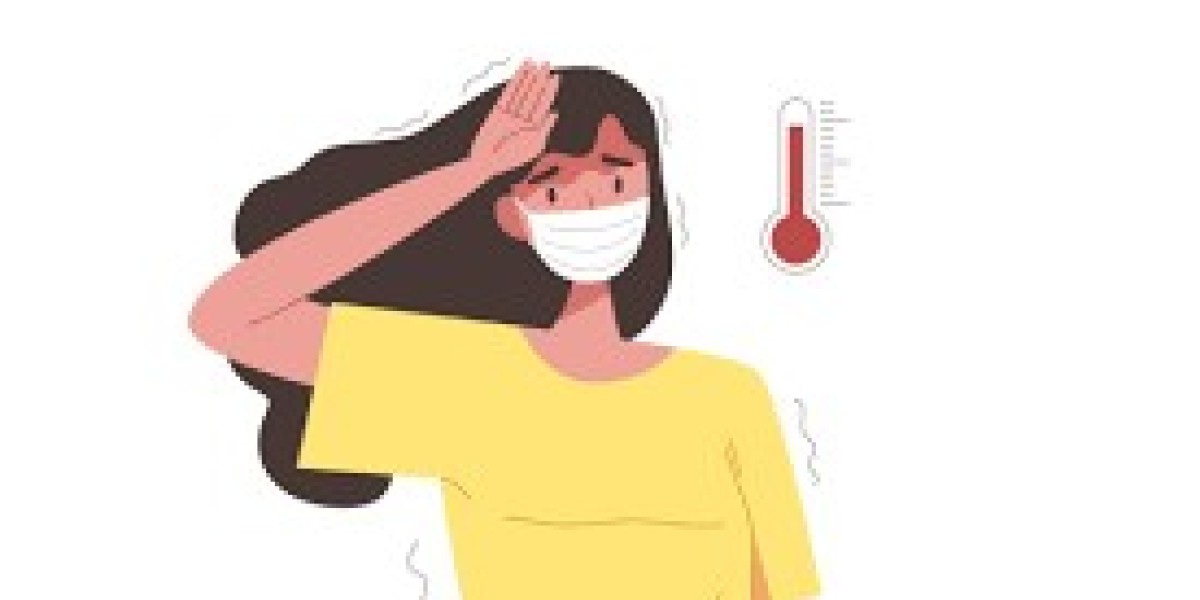Viral fever, also known as pyrexia, is a common medical condition characterized by an increase in body temperature due to viral infections. It is prevalent across all age groups and can range from mild to severe, depending on the underlying virus and the individual's immune response. Here, we delve into the Viral Fever Panel encompassing its symptoms, diagnostic methods, and treatment options.
Symptoms of Viral Fever:
- Fever: The hallmark symptom is an elevated body temperature, often accompanied by chills and sweating.
- Fatigue: Patients with viral fever may experience significant tiredness and weakness.
- Body Aches: Muscle and joint pains are common during viral infections.
- Headache: Persistent headaches are prevalent, often contributing to overall discomfort.
- Respiratory Symptoms: Depending on the virus, symptoms like cough, sore throat, and nasal congestion may occur.
- Gastrointestinal Disturbances: Some viral fevers manifest with nausea, vomiting, or diarrhea.
Diagnosis of Viral Fever:
- Clinical Assessment: A healthcare provider evaluates the patient's symptoms, medical history, and conducts a physical examination.
- Laboratory Tests: Blood tests such as CBC (Complete Blood Count) and CRP (C-Reactive Protein) help assess the severity of infection and the body's inflammatory response.
- Viral Panels: Specific tests like PCR (Polymerase Chain Reaction) or antigen tests can identify the causative virus, aiding in targeted treatment.
- Imaging Studies: In severe cases or when complications are suspected, imaging studies like chest X-rays may be performed.
Treatment of Viral Fever:
- Symptomatic Relief: Medications such as acetaminophen or ibuprofen help reduce fever and alleviate pain and discomfort.
- Hydration: Adequate fluid intake is crucial to prevent dehydration, especially if there are associated symptoms like vomiting or diarrhea.
- Rest: Ample rest supports the body's immune system in fighting off the infection.
- Antiviral Medications: In certain viral infections, antiviral drugs may be prescribed to target the specific virus.
- Preventive Measures: Vaccinations play a vital role in preventing several viral infections. Maintaining good hygiene, avoiding close contact with infected individuals, and following respiratory etiquette (like wearing masks during outbreaks) are crucial preventive measures.
Conclusion
Viral fever, though common, requires proper management to prevent complications and promote recovery. Early diagnosis, symptomatic relief, and supportive care form the cornerstone of treatment. With appropriate medical attention and lifestyle measures, most individuals can overcome viral fevers effectively. Regular monitoring and seeking medical advice for persistent or severe symptoms are essential for optimal health outcomes.



